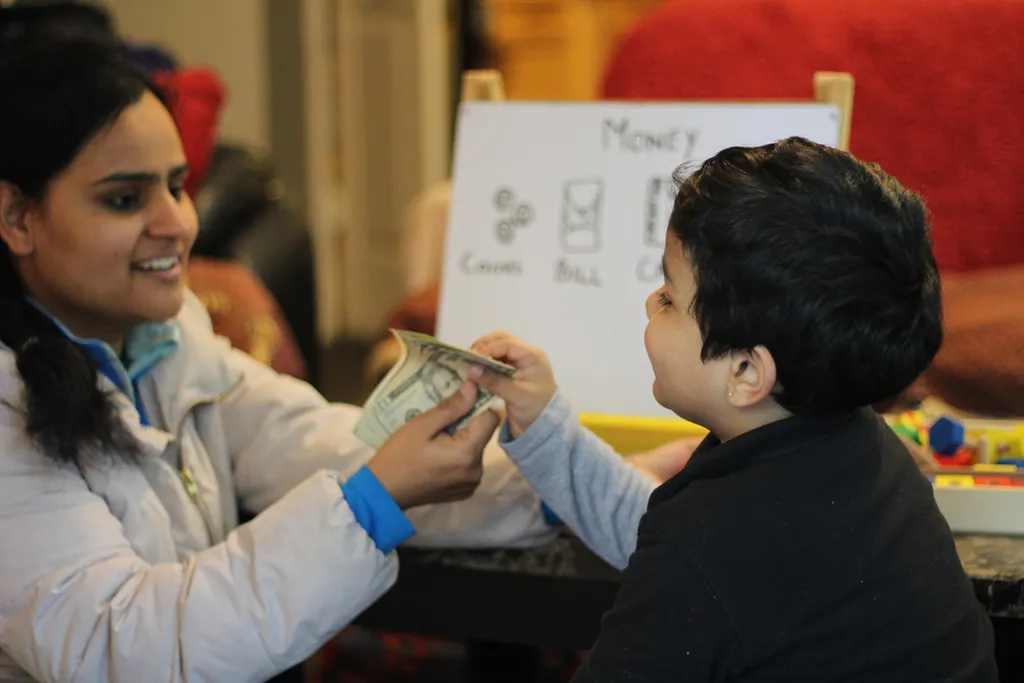Table of Contents
Financial literacy is one of the most practical life skills every child should learn. While mathematics, science, and literature shape intellectual growth, understanding money management skills prepares students for real-world responsibilities. In a fast-changing economy, children who grasp the basics of saving, budgeting, and decision-making are better equipped to handle challenges later in life.
At Regent International School Malaysia, financial literacy is woven into everyday learning. By nurturing early awareness of money and value, Regent ensures that students gain essential tools for wealth management alongside their academic studies.
Why Start Early?
The earlier children learn about money, the stronger their foundations for adulthood. Research shows that financial habits begin to form by the age of seven. Simple lessons, such as distinguishing needs from wants or saving pocket money, can have lasting effects.
In the context of the Cambridge Early Years Curriculum, financial literacy is not treated as a separate subject but integrated through stories, activities, and play. An international preschool in Malaysia like Regent takes this approach seriously, ensuring children are introduced to practical skills that grow with them as they move up in school.
Starting early helps:
- Build confidence in handling money.
- Encourage a sense of responsibility.
- Prevent unhealthy financial habits in the future.
- Promote independence and problem-solving.
Key Principles of Financial Literacy
For children and young people, financial literacy can be distilled into key principles that form the backbone of lifelong money habits:
- Earning and Spending: Understanding where money comes from and how it is used.
- Saving: Learning the importance of setting aside money for the future.
- Budgeting: Balancing income with expenses, even with small allowances.
- Needs vs. Wants: Making smart decisions by prioritising essentials over desires.
- Sharing and Generosity: Recognising the value of giving back to the community.
- Long-Term Thinking – Linking short-term habits with long-term goals, such as saving for education or investments.
By focusing on these basics, schools help students grow into adults who are financially aware and responsible.
Age-by-Age Activity Guide
Preschool / Early Years
- Play-based learning: Using toy coins and notes to roleplay shops.
- Storytelling: Stories about characters saving money for a toy or gift.
- Cambridge Early Years Curriculum integration: Counting activities that include coins and real-world problem-solving.
At Regent, teachers use fun, interactive methods to introduce financial literacy for children, ensuring even the youngest learners connect with money concepts.
Primary (Ages 6–11)
- Pocket money management: Encouraging students to track allowance in a notebook.
- Savings jar activity: Labelling jars for “spend,” “save,” and “share.”
- Class projects: Simulated market days where children “buy” and “sell” items with play currency.
Lower Secondary (Ages 12–14)
- Budget exercises: Students plan a budget for a class trip with a fixed amount.
- Group discussions: Exploring “needs vs. wants” in real-life examples such as gadgets or fashion.
- Entrepreneurship activities: Small business challenges like setting up a mini bake sale.
Upper Secondary (Ages 15–18)
- Wealth management basics: Introducing concepts like interest, credit, and saving accounts.
- Case studies: Analysing financial decisions in real-world scenarios.
- Career link: Exploring how money management relates to career choices, investments, and higher education planning.
This gradual, age-appropriate approach ensures financial knowledge grows alongside a child’s maturity.
Practical Tips for Parents & Educators
- Model good habits: Children observe how adults spend, save, and talk about money.
- Encourage saving goals: Whether for a toy or a book, goals help children practise patience and responsibility.
- Use technology wisely: Apps designed for kids can help track spending and saving in a digital format.
- Discuss openly: Conversations about budgeting, bills, and spending choices demystify financial matters.
- Collaborate with schools: Stay connected with initiatives like those at Regent International School Malaysia, where parents are invited to workshops and financial literacy events.
Classroom & Community Integration
Schools play a central role in embedding financial literacy into everyday learning. At Regent, financial awareness is not confined to the classroom—it extends into community integration. Activities such as charity drives, community bazaars, and student-led fundraising projects combine money management with social responsibility.
By linking financial literacy for children to community service, students see that money is not only about personal gain but also about impact and contribution. These initiatives reinforce the values of generosity, leadership, and teamwork while teaching real-world skills.
Final Words
Financial literacy is not just about handling money—it is about building a responsible, confident, and future-ready generation. From preschoolers learning through play to secondary students engaging in entrepreneurship projects, every stage offers opportunities to instil money management skills that last a lifetime.
For parents seeking the best start for their children, an international preschool in Malaysia like Regent provides the right balance of academic excellence and life skills. Guided by the Cambridge Early Years Curriculum, Regent International School Malaysia ensures that financial literacy becomes a natural part of your child’s journey, preparing them for both academic success and real-world challenges.
Explore Regent International School Malaysia and see how holistic learning combines academics, character-building and essential life skills such as financial literacy. Enrol now and empower your child to excel in a global landscape.






